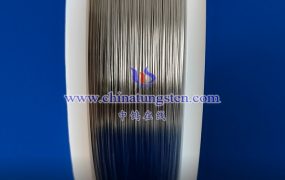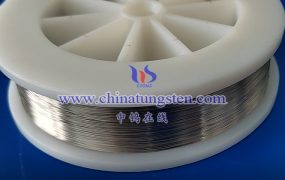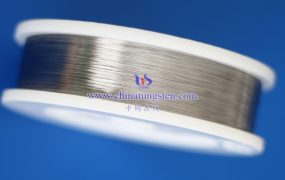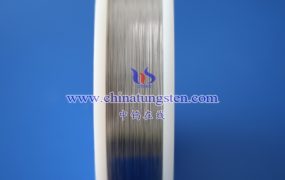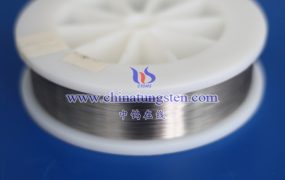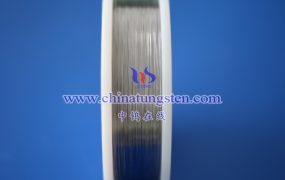The tungsten probe in a mass spectrometer usually refers to the electrode or detector used to ionize the sample and produce ions. In a mass spectrometer, ionization is the process of converting molecules or atoms in a sample into charged ions for subsequent mass spectrometry analysis.
The following are some possible features and applications of tungsten probes for mass spectrometers:
1. Ionization process: A tungsten probe in a mass spectrometer may be used to ionize the sample. This involves introducing the sample into an ionization chamber, usually in a high vacuum environment, and applying an electric field through a tungsten electrode, which ionizes the molecular or atomic bands in the sample.
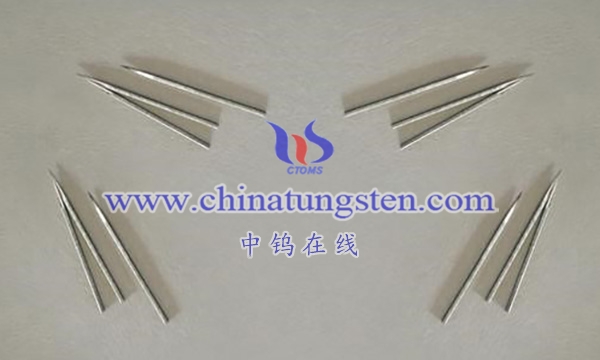
2. Ionization: One of the functions of the tungsten probe may be to induce the molecules or atoms in the sample to lose electrons and generate charged ions by introducing an electric field.
3. Mass spectrometry analysis: The generated ions will be further accelerated, separated and detected for mass spectrometry analysis. This allows the mass spectrometer to determine the mass and relative abundance of various compounds in a sample.
4. Stability and conductivity: Tungsten is a suitable material for use as an ionization probe due to its high melting point and good conductivity.
Specific mass spectrometer designs and probe characteristics may vary depending on the instrument model and application. Mass spectrometers are a type of instrument widely used in fields such as chemistry, biology, and materials science to analyze and identify compounds in samples.
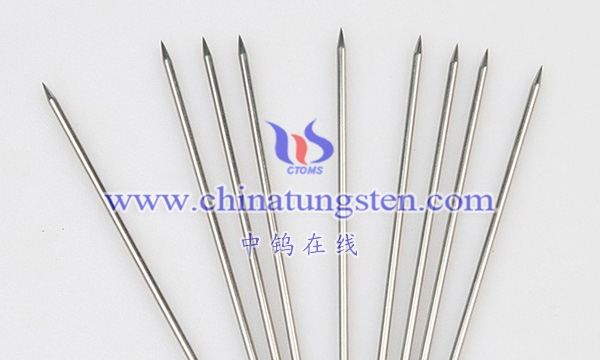
More details of tungsten needles, please visit website: http://tungsten.com.cn/tungsten-needles-and-pins.html
Please contact CHINATUNGSTEN for inquiry and order of tungsten needles:
Email: sales@chinatungsten.com
Tel.: +86 592 5129595
